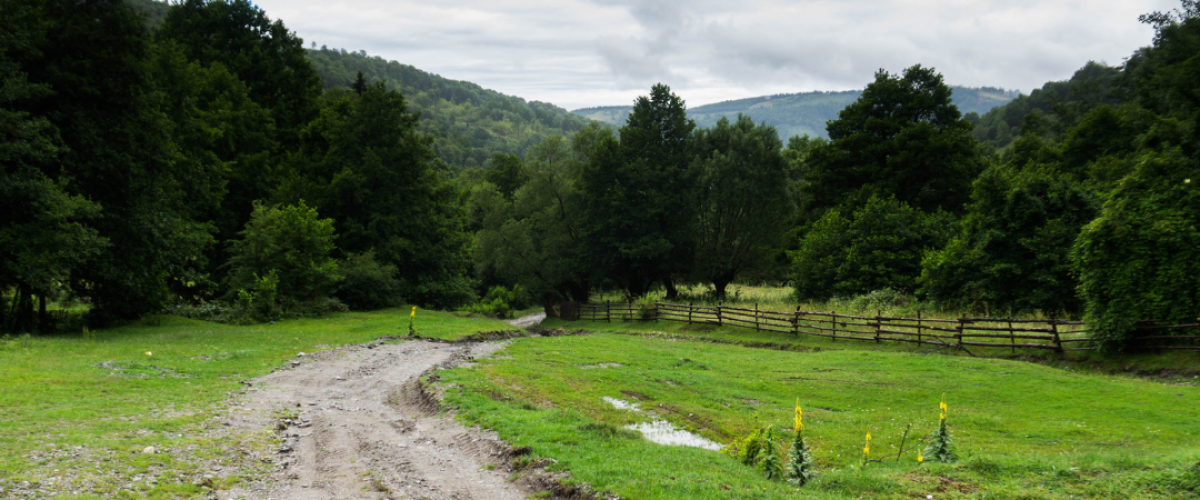Unseen, Unheard, Unprotected
When we talk about domestic abuse, most people picture city life, close neighbours, public services, and quick escape routes. But what happens when that same abuse is unfolding in a remote village, away from the nearest town, and without a soul around for miles?
That’s the harsh reality. Domestic abuse exists everywhere, including rural areas, and its effects are often far-reaching. It is time to take a closer look at what is really going on and understand the challenges faced by those affected.
The Hidden Reality of Rural Abuse
Abuse in remote areas is frequently a subtle, hidden force rather than simply a violent act. Many people think that rural areas provide a secure haven because of their beautiful scenery and connected communities. For individuals who are abused, however, the situation is quite different. Lack of privacy, lack of support options, and transportation barriers make it more difficult for victims to escape their situation.
In reality, survivors of abuse in rural areas frequently encounter more barriers when attempting to get assistance. In tightly connected communities where privacy is limited and people are frequently more focused on maintaining their reputations than resolving underlying problems, the stigma associated with domestic violence is intensified.

Isolation: The Silent Barrier
Rural victims of domestic abuse frequently have nowhere to turn, unlike urban areas where shelters, support systems, and advocacy groups are more readily available. Limited access to public transport means victims struggle to get to local services, and long distances between towns or villages can make it difficult to reach out for support.
This isolation adds to the controlling aspect of abuse because abusers often utilise communication and transportation control to further isolate their victims from any kind of support. Rural abuse is not just about physical violence; it is about emotional manipulation, isolation, and the overwhelming sense of helplessness that survivors often feel.

Shifting Perceptions: Breaking the Silence
One of the most powerful tools in the fight against rural abuse is raising awareness. The more people understand the signs of abuse, the better equipped they are to support victims in their communities.
The more aware we are, the better we can help safeguard our community in these situations.
The Willow Project: A Lifeline for Rural Communities
At the National Rural Crime Network, we recognise that rural victims of domestic abuse often face significant barriers when seeking safety and support. That is why we are proud to work alongside The Willow Project, an initiative making real, local impact where it is most needed.
We are working with The Willow Project to change the story for rural survivors of domestic abuse.
Their outreach, safe spaces, and specialist support are creating lifelines where there were once none. Together, we are amplifying rural voices, challenging the systems that overlook them, and pushing for real change in how abuse is recognised, reported, and responded to, no matter the postco
Conclusion
Domestic abuse does not stop at the city’s edge. In rural communities, it remains one of the most hidden and under-acknowledged crimes, shaped by isolation, stigma, and poor access to services.
The Willow Project and NRCN are bringing attention to the issue, offering support to survivors, and encouraging communities to be more proactive in helping their neighbors.
On 2nd June 2025, we convened a dedicated Domestic Abuse Working Group, bringing together frontline organisations, researchers, rural safeguarding leads, and specialist support providers from across the UK. Together, we examined the persistent gaps in rural provision, the barriers survivors face, and what meaningful, localised solutions must look like.
As part of this, we have launched the Rural Domestic Abuse Working Group to help include rural needs into the Government’s Violence Against Women and Girls (VAWG) strategy, ensuring the specific challenges of rural survivors are no longer sidelined in national decision-making.
If you’re in policing, frontline support, or rural leadership, we’d like for you to be a part of this ongoing effort. Together, we can ensure that rural abuse is not hidden anymore and that every survivor has a chance to be heard, seen, and supported.
